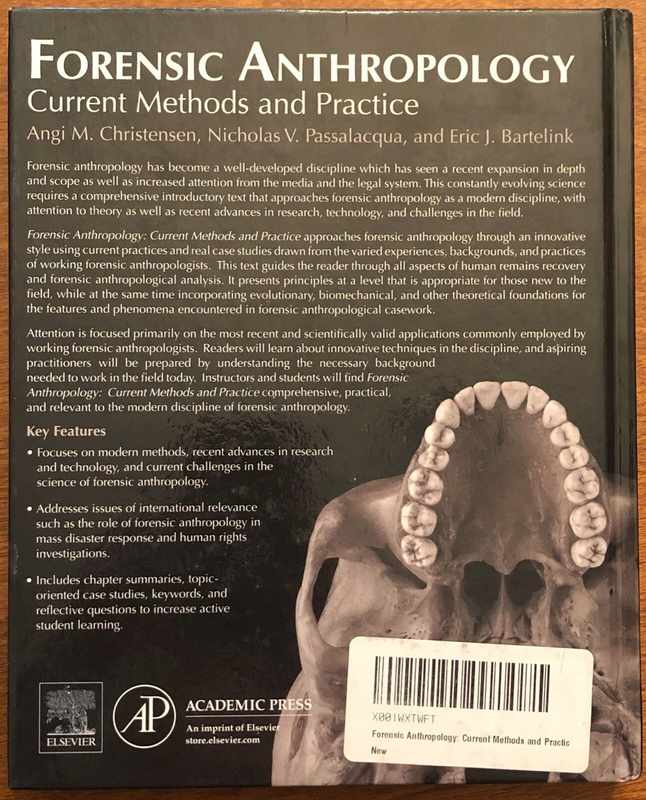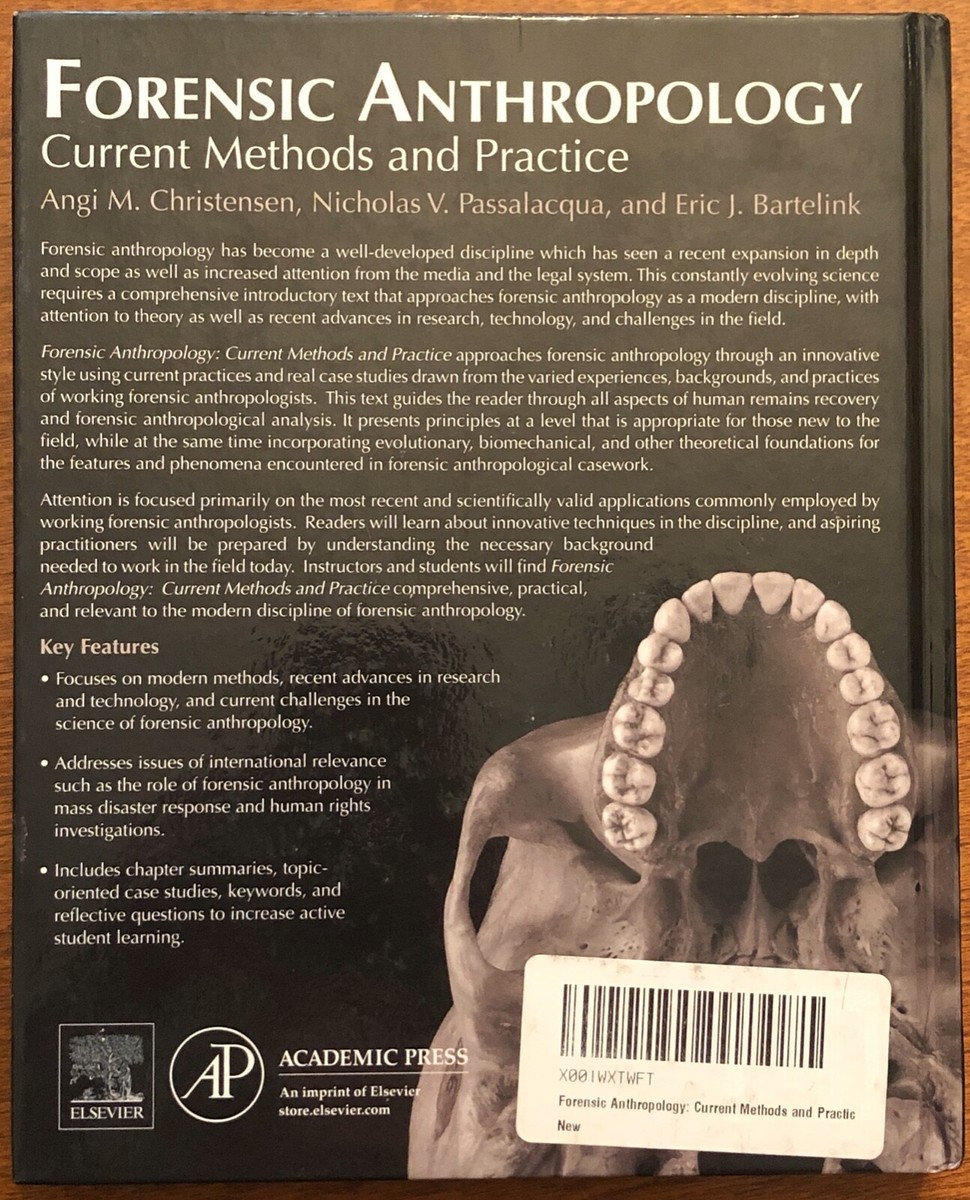In today’s complex and interconnected world, human rights investigations are more crucial than ever. These efforts aim to uncover the truth about violations of fundamental human rights, such as freedom from torture, slavery, or discrimination.
What Questions Can an Anthropologist Help Answer During a Human Rights Investigation?
As we navigate this critical landscape, it’s essential to recognize the invaluable contributions that anthropologists can make. With their expertise in understanding human cultures and societies, anthropologists can shed light on issues that may have gone unnoticed or underreported.
The Power of Contextual Understanding
One crucial aspect of a human rights investigation is putting the alleged violations into context. This involves grasping the cultural, social, economic, and political factors that contribute to these abuses. Anthropologists are uniquely equipped to provide this contextual understanding by:
- Studying local cultures and traditions to identify patterns and nuances that may be missed by others
- Conducting interviews with community members to gather firsthand accounts of the alleged violations
- Analyzing historical and social dynamics that may have led to these abuses
This contextual understanding is critical in human rights investigations, as it allows for a more nuanced and comprehensive approach. By recognizing the complex interplay of factors at play, anthropologists can help investigators identify potential blind spots or biases that might skew their findings.

In today’s complex and interconnected world, human rights investigations are more crucial than ever. These efforts aim to uncover the truth about violations of fundamental human rights, such as freedom from torture, slavery, or discrimination.
What Questions Can an Anthropologist Help Answer During a Human Rights Investigation?
As we navigate this critical landscape, it’s essential to recognize the invaluable contributions that anthropologists can make. With their expertise in understanding human cultures and societies, anthropologists can shed light on issues that may have gone unnoticed or underreported.
The Power of Contextual Understanding
One crucial aspect of a human rights investigation is putting the alleged violations into context. This involves grasping the cultural, social, economic, and political factors that contribute to these abuses. Anthropologists are uniquely equipped to provide this contextual understanding by:
- Studying local cultures and traditions to identify patterns and nuances that may be missed by others
- Conducting interviews with community members to gather firsthand accounts of the alleged violations
- Analyzing historical and social dynamics that may have led to these abuses
This contextual understanding is critical in human rights investigations, as it allows for a more nuanced and comprehensive approach. By recognizing the complex interplay of factors at play, anthropologists can help investigators identify potential blind spots or biases that might skew their findings.
Exploring Power Dynamics and Social Structures
Anthropologists are also skilled in exploring power dynamics and social structures within communities. This involves analyzing how different groups interact with one another, as well as the roles of authority figures, institutions, and other influential bodies. By examining these power dynamics and social structures, anthropologists can:
- Identify potential sources of tension or conflict that may contribute to human rights violations
- Understand how societal norms and values shape individual behaviors and decision-making processes
- Recognize the impact of external factors, such as globalization or climate change, on local communities and social structures
This level of insight is essential in human rights investigations, as it allows investigators to develop a more comprehensive understanding of the root causes of alleged violations. By examining power dynamics and social structures, anthropologists can help investigators identify potential solutions that are grounded in the specific cultural, social, and political context.
Informing Strategies for Prevention and Intervention
The knowledge gained through an anthropologist’s expertise can inform strategies for prevention and intervention. For instance:
- Anthropologists can work with local communities to develop culturally sensitive programs that promote human rights and prevent violations
- They can help investigators design interventions that take into account the complex social and cultural dynamics at play in a given community
- Their research can inform the development of policies and laws that are tailored to specific contexts and cultures
In today’s interconnected world, human rights investigations require a deep understanding of the complexities that underlie alleged violations. By drawing on anthropological expertise, investigators can develop a more nuanced and comprehensive approach that is grounded in the specific cultural, social, and political context.
Learn more about the American Anthropological Association’s efforts to promote human rights and social justice Visit the United States Department of State’s Bureau of Democracy, Human Rights, and Labor for more information on human rights investigations and advocacyIn our next section, we’ll explore how anthropologists can contribute to the development of effective strategies for preventing and addressing human rights violations.
Get Expert Guidance on Human Rights Investigations
Our team of medical and health experts is ready to help you navigate the complexities of human rights investigations.
Consult a Medical & Health ExpertIn today’s complex and interconnected world, human rights investigations are more crucial than ever. These efforts aim to uncover the truth about violations of fundamental human rights, such as freedom from torture, slavery, or discrimination.
What Questions Can an Anthropologist Help Answer During a Human Rights Investigation?
As we navigate this critical landscape, it’s essential to recognize the invaluable contributions that anthropologists can make. With their expertise in understanding human cultures and societies, anthropologists can shed light on issues that may have gone unnoticed or underreported.
The Power of Contextual Understanding
One crucial aspect of a human rights investigation is putting the alleged violations into context. This involves grasping the cultural, social, economic, and political factors that contribute to these abuses. Anthropologists are uniquely equipped to provide this contextual understanding by:
- Studying local cultures and traditions to identify patterns and nuances that may be missed by others
- Conducting interviews with community members to gather firsthand accounts of the alleged violations
- Analyzing historical and social dynamics that may have led to these abuses
This contextual understanding is critical in human rights investigations, as it allows for a more nuanced and comprehensive approach. By recognizing the complex interplay of factors at play, anthropologists can help investigators identify potential blind spots or biases that might skew their findings.
Conclusion: Amplifying Voices and Sparking Change
In conclusion, anthropologists bring a vital perspective to human rights investigations by providing contextual understanding and shedding light on often-overlooked issues. By amplifying the voices of those affected and sparking change through informed decision-making, anthropologists can play a pivotal role in promoting justice and protecting fundamental human rights.
The Treatment Cost of Hepatitis C: Are you or a loved one living with hepatitis C? Find out the average cost of treatment and what options are available. Get informed about your next steps!
I Just Adore You Asking for More: Want to know the secret to a happier, more fulfilling life? Learn how asking for what you want can transform your relationships and overall outlook. Get inspired by this motivational article!


